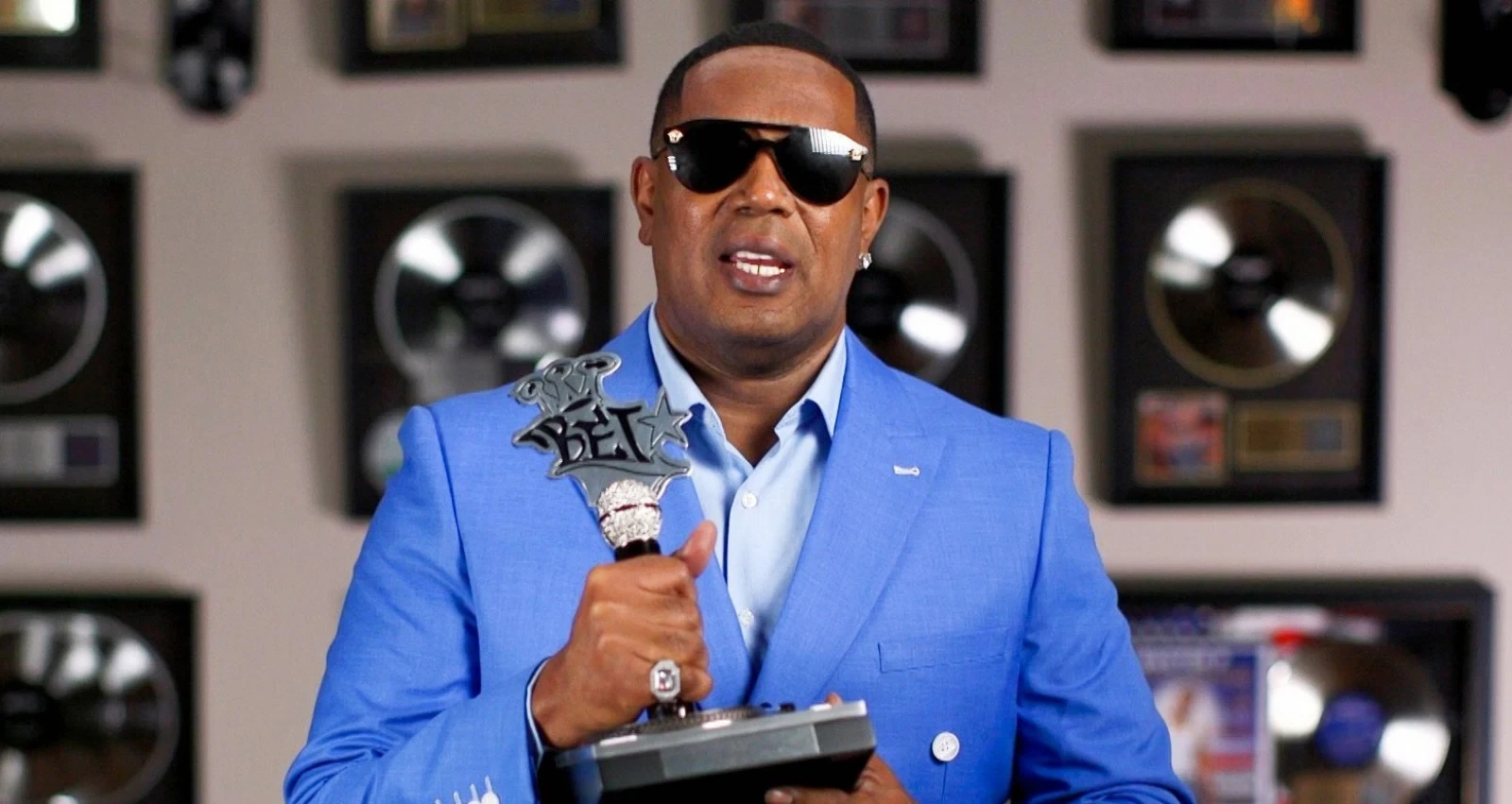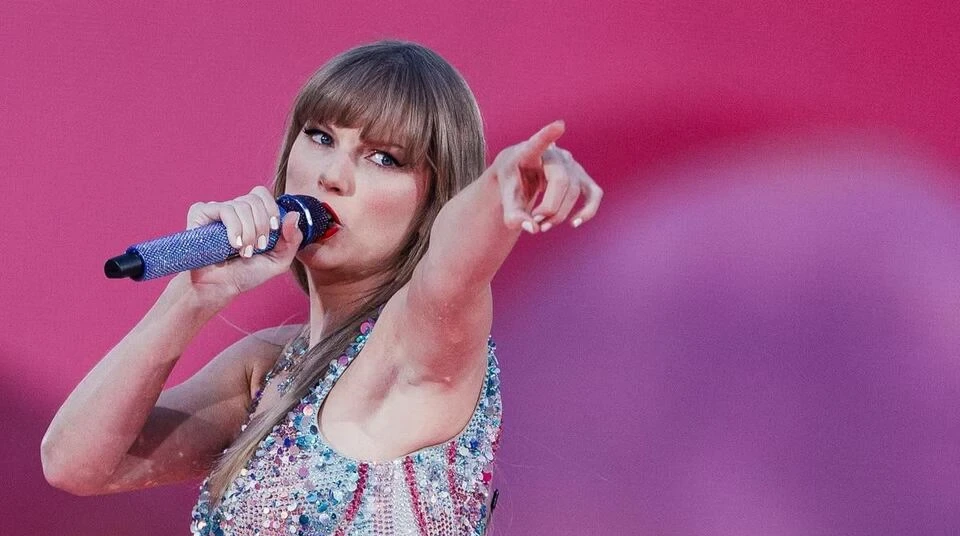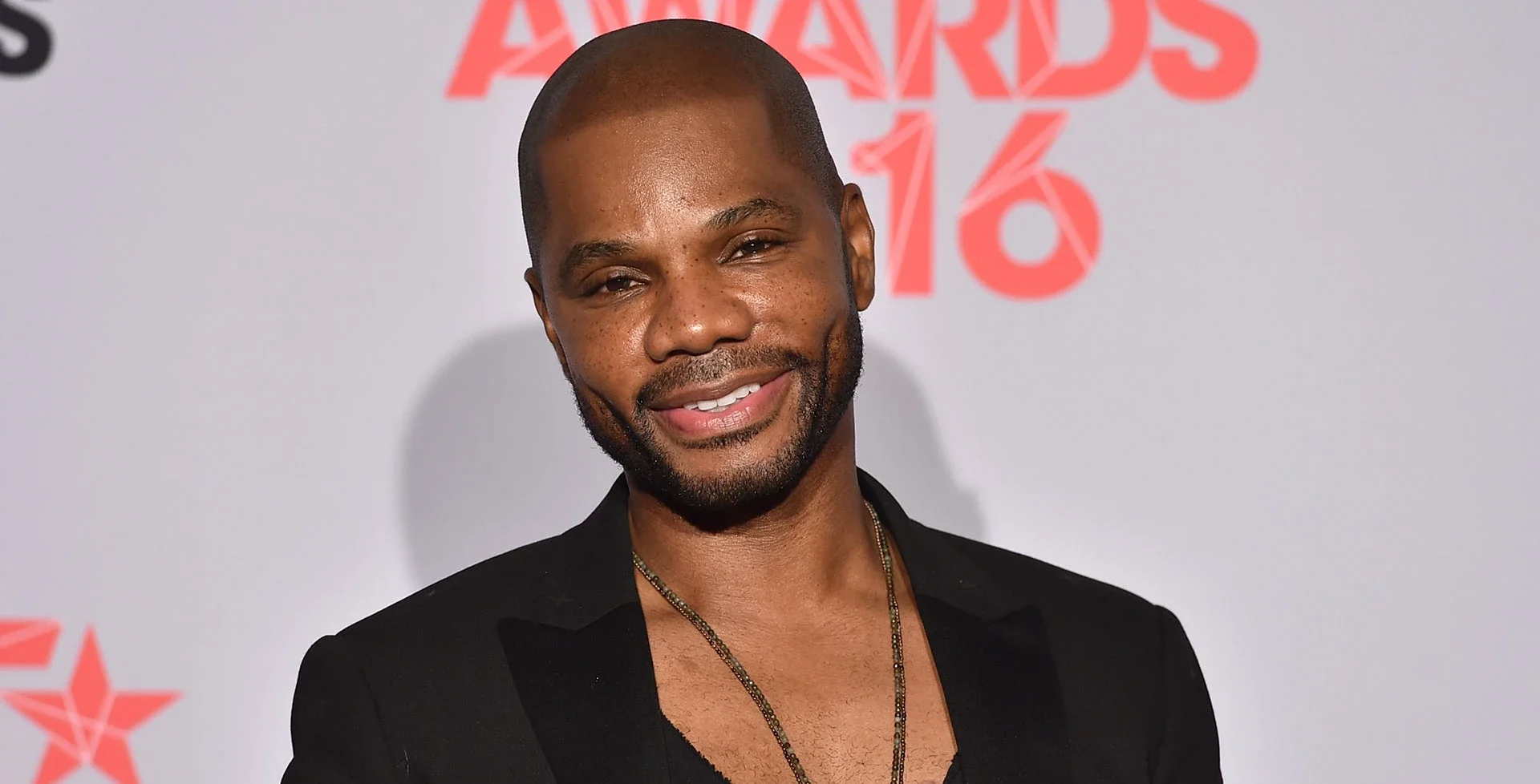The Loss of a Legend
The music world mourns the passing of D’Angelo, born Michael D’Angelo Archer, who died today at age 51 after a prolonged battle with pancreatic cancer. The Richmond;born artist leaves behind a legacy that fundamentally reshaped contemporary R&B, soul, and the entire neo;soul movement. His death marks the end of an era for music that prioritized artistry, authenticity, and the spiritual depth of Black musical traditions.
Three Albums That Defined a Generation
D’Angelo released only three studio albums throughout his career: Brown Sugar (1995), Voodoo (2000), and Black Messiah (2014). Yet the impact of this relatively small catalog cannot be overstated. Each album represented a complete artistic statement, meticulously crafted over years rather than rushed to meet commercial demands. While other artists flooded the market with frequent releases, D’Angelo took his time, ensuring every project met his exacting standards for musicality and cultural significance.
Brown Sugar and the Birth of Neo;Soul
His 1995 debut Brown Sugar arrived at a pivotal moment in R&B history. The genre was becoming increasingly polished and produced, moving away from the raw emotionality and organic instrumentation that defined earlier soul music. D’Angelo offered an alternative; music that felt timeless rather than trendy, rooted in classic soul traditions while pushing the genre forward. The album’s warm production, live instrumentation, and his falsetto vocals created a blueprint that countless artists would follow.

Voodoo’s Revolutionary Sound
His 2000 masterpiece Voodoo pushed boundaries even further, digging deeper into funk, soul, gospel, and R&B traditions. The album’s loose, organic feel reflected the extended jam sessions that produced it, with musicians playing together in the studio rather than layering individual parts. Songs like “Untitled (How Does It Feel)” became cultural touchstones, with the accompanying video showcasing D’Angelo’s artistry and physicality in ways that resonated across generations. Voodoo proved that complex, experimental R&B could achieve both critical acclaim and commercial success.
The Long Wait and Black Messiah’s Arrival
Black Messiah arrived in December 2014, more than a decade after Voodoo. The fourteen;year gap between albums became legendary in music circles, with fans and critics wondering if D’Angelo would ever return. When Black Messiah finally emerged, credited to D’Angelo and the Vanguard, it proved worth the wait. The album tackled social justice themes with urgency and sophistication, arriving during a period of intense racial tension in America and speaking directly to that moment while remaining musically timeless.
The Artist Who Prioritized Art Over Commerce
D’Angelo’s career choices reflected values increasingly rare in modern entertainment. He refused to compromise his artistic vision for commercial pressure, taking years between projects to ensure they met his standards. He disappeared from public view for extended periods, prioritizing his mental health and creative process over maintaining constant visibility. His approach demonstrated that true artistry requires time, space, and the courage to resist industry demands for constant productivity.
Influence That Transcends His Discography
D’Angelo’s stylistic reach compelled an entire generation of artists to explore their own connections to funk, soul, gospel, and R&B traditions. His influence extends far beyond his three albums, shaping how contemporary artists approach production, songwriting, and the integration of live musicianship into R&B. Artists across genres cite him as inspiration, from R&B singers to hip;hop producers to jazz musicians. His impact is felt every time an artist chooses organic instrumentation over programmed beats, every time vulnerability takes precedence over bravado.
The Neo;Soul Movement’s Spiritual Center
While other artists contributed to neo;soul’s emergence, D’Angelo served as its spiritual center. His commitment to musicality, his reverence for Black musical traditions, and his refusal to dilute his vision for mainstream acceptance established the movement’s core values. He proved that audiences hungry for substance would embrace challenging, sophisticated music if it was executed with skill and sincerity. Neo;soul exists as a distinct genre largely because D’Angelo demonstrated its commercial and artistic viability.
A Richmond Son’s Global Impact
D’Angelo’s Richmond roots remained central to his identity throughout his career. The city’s rich musical heritage and Black cultural traditions informed his artistic sensibilities, providing foundation for music that would resonate globally. He carried Richmond with him even as his influence spread worldwide, representing his hometown with pride and ensuring his success reflected positively on the community that shaped him.
The Physical Toll of Fame
D’Angelo’s relationship with fame proved complicated and occasionally painful. The overwhelming response to his “Untitled” video, which focused intensely on his physical appearance, contributed to his retreat from public life. He spoke candidly in later years about struggling with the objectification and pressure that accompanied his success. His willingness to step away rather than endure circumstances damaging his wellbeing demonstrated self;awareness and courage that many artists lack.
Live Performance as Sacred Experience
Those fortunate enough to witness D’Angelo perform live describe experiences bordering on spiritual. His concerts weren’t simply entertainment; they were communions between artist and audience, explorations of musical possibility, and celebrations of Black musical heritage. He and his band would extend songs into lengthy improvisations, treating each performance as unique rather than recreating studio versions. These shows reminded audiences of music’s power to transcend commercial transaction and become something transcendent.
The Battle That Claimed Him Too Soon
D’Angelo’s death from pancreatic cancer at 51 feels tragically premature. An artist who gave the world so much still had more to offer. Fans who waited patiently through his extended absences, understanding that great art requires time, must now accept that no fourth album will arrive. The music industry loses not just a talented artist but a conscience; someone who consistently chose integrity over expedience and art over commerce.
Musical Technique and Innovation
D’Angelo’s musicianship extended far beyond his distinctive voice. He developed skills on piano during his teenage years and eventually mastered multiple instruments, allowing him to shape every aspect of his music. His understanding of rhythm, harmony, and arrangement reflected deep study of musical traditions combined with innovative instincts. He didn’t just perform music; he deconstructed and reconstructed it, finding new possibilities within familiar forms.
The Collaborators Who Shared His Vision
Throughout his career, D’Angelo surrounded himself with exceptional musicians who shared his commitment to musical excellence. From the Soultronics to the Vanguard, his collaborators weren’t sidemen but creative partners invested in the collective vision. These relationships produced music that felt alive, spontaneous, and deeply collaborative. The chemistry between D’Angelo and his musicians created magic that isolated studio construction could never replicate.
Cultural Commentary Through Musical Expression
D’Angelo’s music always carried cultural and political weight, but Black Messiah made those themes explicit. Released during protests following police killings of unarmed Black people, the album spoke directly to racial injustice while transcending any single moment. His approach to political music avoided didacticism; instead weaving social consciousness into songs that worked as both protest and prayer. He proved that music could address serious issues without sacrificing aesthetic beauty or emotional complexity.
The Incomplete Story and What Could Have Been
D’Angelo’s death leaves his story feeling tragically incomplete. Fans and critics speculated for years about a potential fourth album, hopeful that another long silence would eventually break with new music. That possibility died with him today, leaving only imagination about what directions his artistry might have explored. The three albums we have must now represent his complete artistic statement, though they feel more like the beginning of something that never reached full fruition.
Legacy That Will Endure Across Generations
Despite his limited discography, D’Angelo’s influence will persist for generations. His albums remain timeless, never sounding dated despite the years since their release. New artists continue discovering his music and finding inspiration in his approach to artistry, production, and the integration of musical traditions. Students of R&B will study his work as long as the genre exists, analyzing what made his music so distinctive and why it continues resonating decades after its creation.
Remembering the Artisan in an Era of Content
In today’s streaming era where artists release new music constantly to maintain algorithmic relevance, D’Angelo represented an alternative approach. He treated albums as artistic statements rather than content, taking years to perfect his vision rather than rushing to meet demand. His career proves that music created with care and intention achieves longevity that hastily produced content never will. He was an artisan in an age of mass production, and the industry is poorer for his loss.
The Silence After the Music
The silence that follows D’Angelo’s passing feels different from the silences between his albums. Those earlier absences held possibility; the promise that eventually new music would arrive. This silence is permanent, and the void it creates in contemporary music cannot be filled. We have his three albums, his influence on countless artists, and memories of performances that felt like miracles. But we will never again experience the anticipation of new D’Angelo music or witness him continuing to push musical boundaries into uncharted territory.
A Final Note of Gratitude
To D’Angelo: thank you for prioritizing artistry over commerce, for teaching us that great music requires time and space, for honoring the traditions that came before while pushing music forward, and for giving us three albums that will remain essential listening for as long as people care about soul music. Your battle with cancer has ended, but your music lives on, continuing to inspire, challenge, and move everyone who encounters it. Rest in power, and may your legacy remain as timeless as the music you created.








Comments